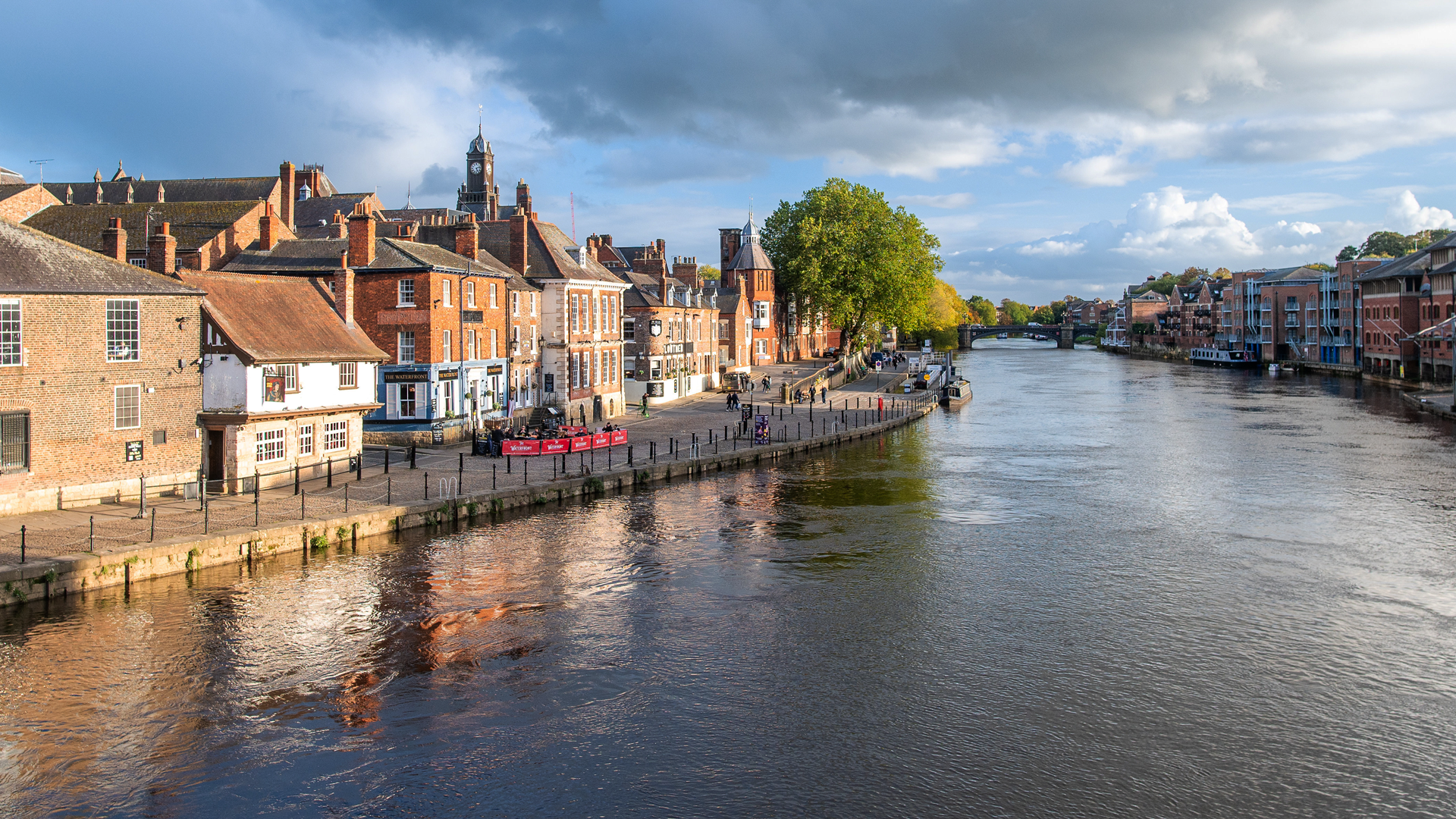Earlier this year, the River Ouse in Sussex became the first river in all of England and Wales to be granted legal rights. Could this be a turning point in the protection of the UK’s rivers, or will the lack of official ‘personhood’ hinder the movement?
In February of this year, the Lewes District Council in Sussex granted official rights to the River Ouse. This is the very first case of a river being granted legal rights in the UK and joins a growing international movement which is seeking to recognise rivers with rights to flow, be without pollution or damming, and even become established as actual ‘living entities’.
The Ouse runs for approximately 35 miles from the hills of West Sussex to the sea on the South Coast near New Haven, and alarmingly, the health of the River has been called into question in recent years.
A motion put to the Lewes and Eastbourne Council cited that in 2020, more than 50% of all the water bodies along the River failed to meet ‘Good Ecological Status’.
The project to establish rights for the River was kickstarted by community organisation LoveOurOuse, which drafted the Ouse River Charter and presented it as a Motion on River Rights to the Lewes District Council in 2023 – after an initial discussion at the River Festival at the end of 2022.
At the time, the council made the decision to explore the possibility of such a ruling and declared to make a decision on it within a two-year period.
The River Ouse is set to become the first river in England with its own rights.
A motion passed by the Lewes District Council marks the first step towards creating a Rights of River Ouse Charter to secure the river’s health.@OuseAdurRT pic.twitter.com/PxhsXf9IWJ
— The Rivers Trust (@theriverstrust) February 28, 2023
This created a wave of campaigning, discussion, collaboration and exploration between the council, LoveOurOuse, Sussex Wildlife Trust, Ouse & Adur Rivers Trust and the Environmental Law Foundation, which ultimately led to the support of the charter by the council earlier this year.
While this is being celebrated as a huge win for campaigners and supporters of the river, the council’s apparent support is not yet legally binding. Some legal experts have cited the specific wording of the ruling as one which does not place a commitment on the council to take any genuine action.
Writing for the barristers Francis Taylor Building, Emma Rowland stated that within the ruling, the ‘language is softer than a full recognition of legal personality of the river.’




















